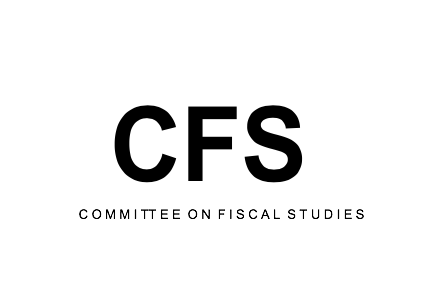USING PUBLIC PROCUREMENT AS A TOOL OF ECONOMIC AND SOCIAL DEVELOPMENT POLICY IN KENYA: LESSONS FROM THE UNITED STATES AND SOUTH AFRICA
Abstract
Regulators face many challenges relating to public procurement, arising from its nature, the multiple
goals which it lends itself to as a policy tool and its impact on national development goals. The challenges,
which often have a direct impact on development, usually revolve around: (i) interplay of economic and
social policy objectives; (ii) abuse of discretion; and (iii) prevention of corruption, favouritism and
other forms of malfeasance. This paper is a comparative study of how the United States and South
African public procurement regulatory systems deal with these challenges, and the implications of those
procurement regulatory systems for Kenya. The paper contends that compared to Kenya, the United
States and South Africa have better, integrated and more effective regulatory responses to the problems
of: (i) conflictual coexistence of economic and social policy objectives; (ii) discretion; and (iii) the
incidence of corruption, favouritism and other forms of malfeasance in public procurement decisionmaking.
The paper also contends that the comparatively lax public procurement regulatory frameworks
used in the US and South Africa, which give government bureaucrats broad discretionary powers in
public procurement decision making, would not produce optimal results in Kenya. Discretionary powers
can be abused to redirect financing for development through the procurement process towards private
interests.



